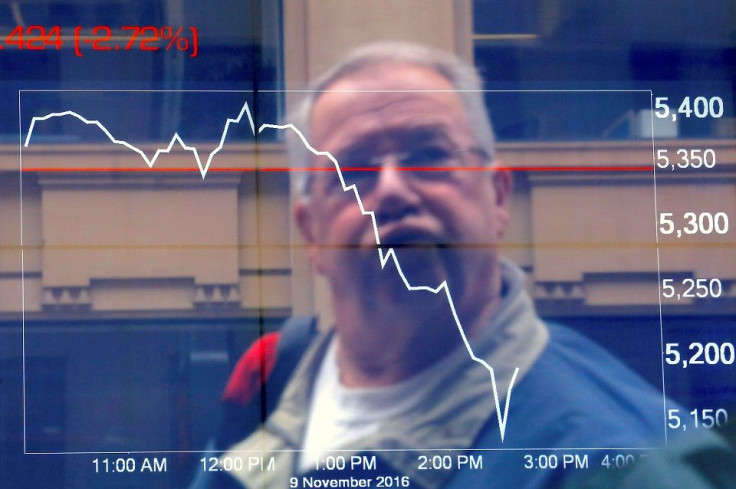ASX200 plunges below key support level; Australian share market suffers losses

The Australian share market has suffered losses after the Dow Jones Industrial Average saw its biggest drop in one day. The local market opened on Tuesday showing red as the ASX 200 plunged below the key support level of 6,000 points.
Nearly every stock posted losses as the benchmark ASX 200 index was down 3.1 percent to 5,839 points. The broader All Ordinaries index fell by 3.1 percent.
Almost all sectors on the ASX 200 have been hit. The worst performers were technology, healthcare and energy.
The Australian share market has previously plunged by $30 billion. Since 2018 started, the local stock market has dropped by 3.7 percent and has fallen by approximately $90 billion in two days. And the ASX200 is slipping lower. The index was at 5,843.40 at 11:30 am AEDT, down 182.80 points or 3.03 percent. Chief market strategist Chris Weston said it was shaping up for another tough day.
The ANZ dropped 2.9 percent to $27.89. Westpac shed 3.5 percent to $30.20.
Macquarie also felt the impact, dropping below the $100 per share mark. Woodside Petroleum was down to $32.16 and BHP to $29.25.
As for the US market wipe-out, it was sparked by a rise in interest rates. The Dow Jones has fallen by up to 1,175 points at the closing bell. That was a fall of 4.6 percent in percentage terms, taking it down to 24,346 points.
The blue-chip index has plunged by over 1,800 points in two days. Its worst fall was recorded during the global financial crisis when it dropped 778 points in September 2008.
CMC Markets’ Ric Spooner said the Australian market could outperform US markets if the current sell-off extends over the weeks to come. “The upcoming profit-reporting season could also help the local market fall less than the US if the current sell-off extends,” he told Business Insider Australia.
Australia's international trade position plunged to a $1.4 billion deficit in December. The deterioration of trade balance was primarily blamed on the 6 percent jump in import values.
"From a real GDP perspective, the fact that the trade balance has deteriorated in the face of rallying commodity prices suggests that net export volumes have been weaker than we had anticipated," the ABC reports JP Morgan's Tom Kennedy as saying.
The market slip happens as the reporting season in Australia begins. ASX companies are set to post their half-year results.





















